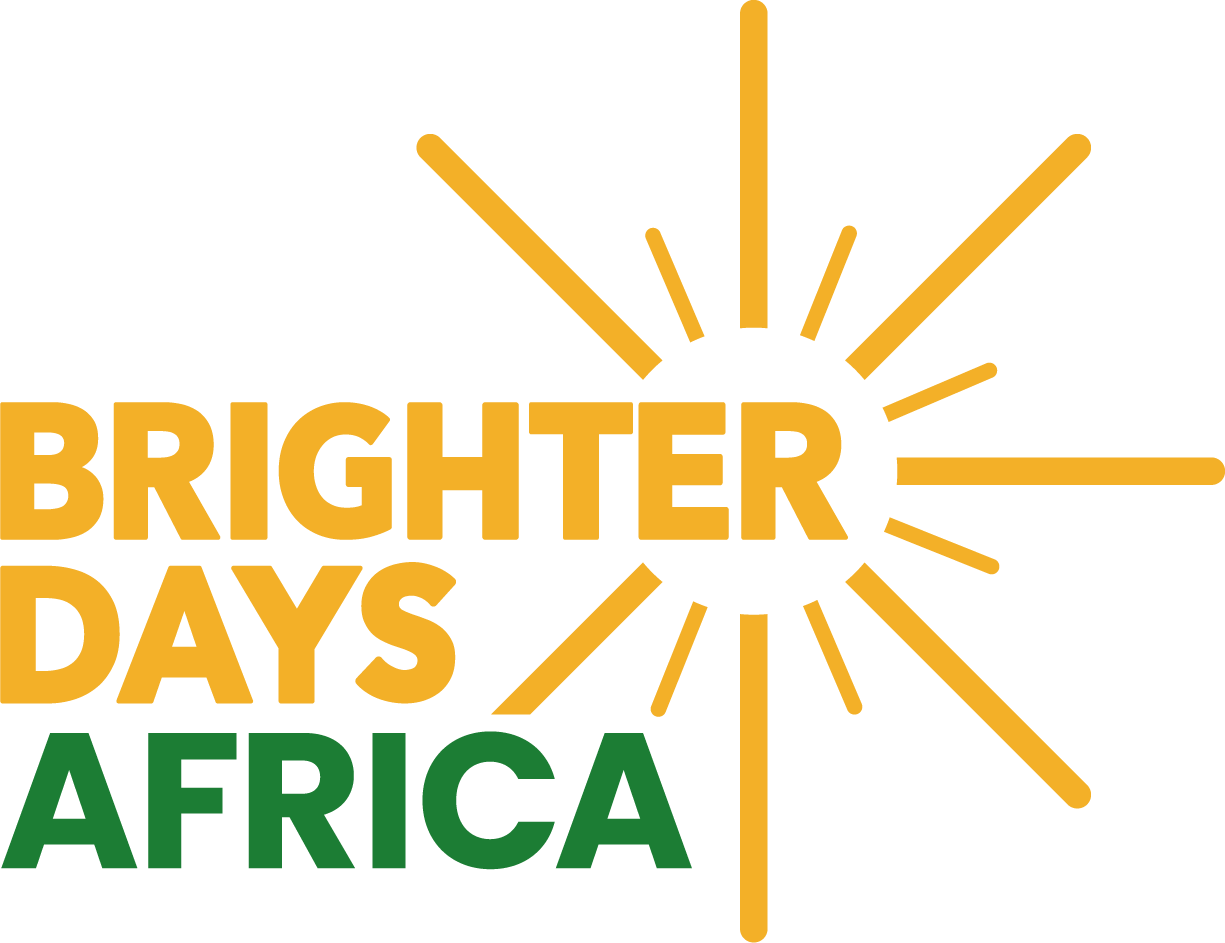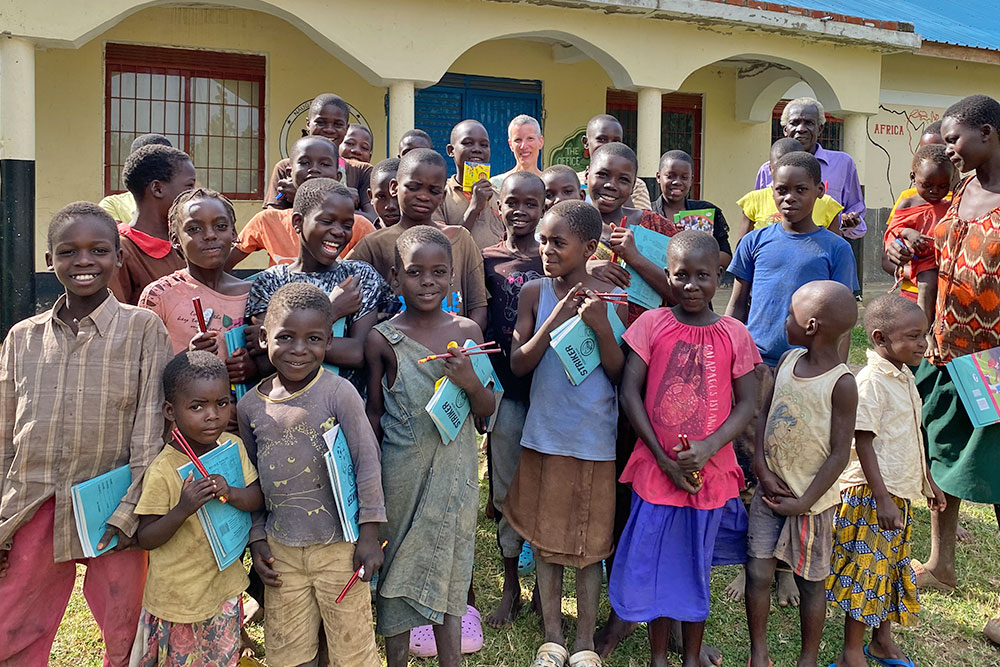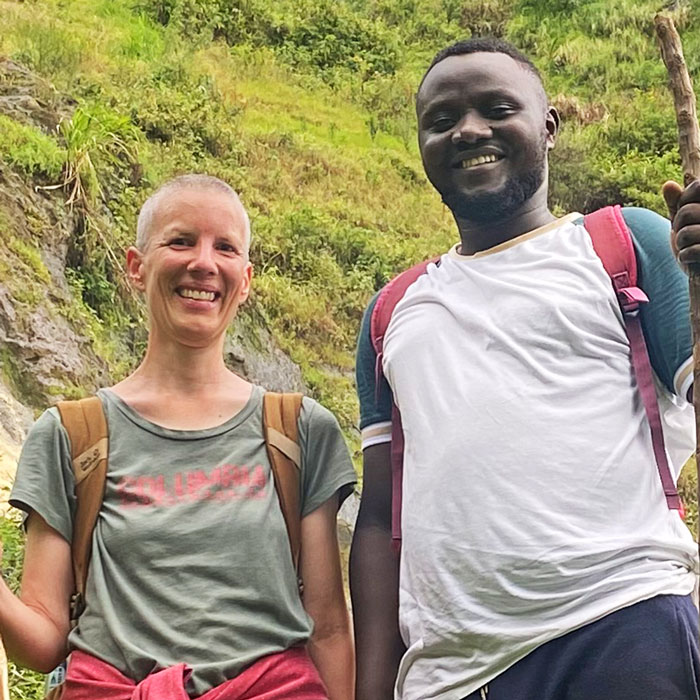The school year in Uganda runs from January to December.
It consists of three semesters between which the children have holidays.
Nursery School is a kindergarten and a pre-school.
It lasts 3 years and goes from Baby Class to Middle Class to Top Class.
The children are usually between 3 and 6 years old and they learn the basics of reading and writing and the basic arithmetics.
Primary School lasts 7 years and runs from Primary 1 to Primary 7.
The children are usually between 7 and 14 years old.
Secondary school lasts either 4 or 6 years, Secondary 1 to Secondary 6.
After 4 years in secondary school, children can either go to a technical school or to a college. After having graduated college, pupils can study at university.
The same applies to pupils who graduated secondary school after 6 years.
There are day schools for children who live nearby as well as boarding schools for children who live further away.
There are government schools and private schools.
Government schools:
The classes in government schools consist of up to 200 pupils. This makes it almost impossible to help and strengthen weaker children and to support talented children. In both cases, the children are lost in the crowd.
The government schools only charge a small school fees, but even this can often not be afforded by the parents, so that many children cannot attend school.
Furthermore, it is compulsory to wear a school uniform and to buy school materials. Many parents also can not afford these. The money is simply not there.
Private schools:
The teachers at private schools are very well trained and well paid.
There are a maximum of 25 children in a class, so that each child can receive individual attention. Strengths can be encouraged and weaknesses can be helped.
Therefore, it is our goal to send the children we support to a private school, because we want the best for them.
Private schools are very expensive due to the individual care of the children.
The prices vary depending on whether you go to a nursery school, a primary school or a secondary school, whether you attend an all-day school or a boarding school and even in these individual areas the prices vary.
School uniforms, school materials and often meals are not included in the school fees and have to be paid separately.
In secondary school, there are also paid seminars and in boarding school, everyday items such as toothbrushes, toothpaste, soap, a wash bowl to wash yourself, a yellow canister to fetch water from the borehole, shoe polish, shoe brushes, sanitary towels, toilet paper, clothes, shoes, … .
Both in all-day schools, but mainly in the boarding schools, the children receive “welfare packages” for each semester, if possible. These consist mainly of food, such as bread, butter, sugar, tea, milk, cookies and soft drinks, which enable the children to eat different things from the meals they receive at school, which are the same every day.
During each semester there is a Visitation Day in the boarding schools, a day on which parents or guardians of the children have the opportunity to visit their children and see how they are doing. It is customary for parents to bring their children some food on this day to add variety to the daily school meals, at least for a short time, which are always the same.
The parents of the children we support are poor and struggle to survive every day. They have no money, neither for long journeys to visit their children nor for food.
It is important to us that on Visitation Days either the parents are given the opportunity to visit their child or that we personally take over these visits so that the child does not feel alone and feels that it is loved. We also make sure that the children get some food.
For children who are far away from home at a boarding school, there are additional costs for the trips back to their families during their holidays.
It is close to our hearts to support the children holistically. It is not just collecting money for the school fees. There is so much more to it as you can see.



